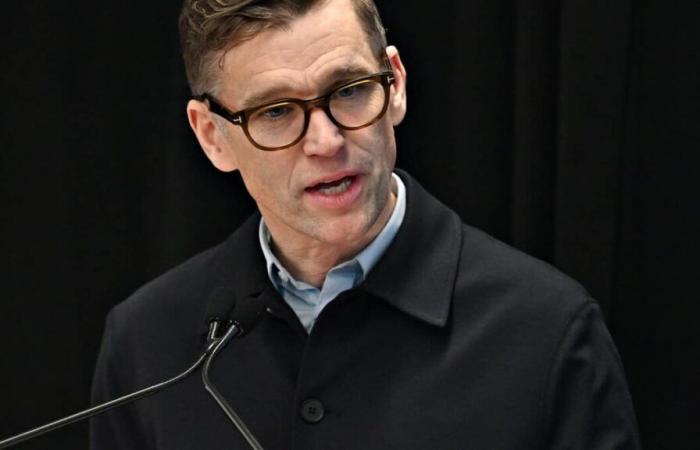With the explosion in the value of residences in the new property assessment role, Mayor Bruno Marchand will face a significant challenge when he presents, today, his last budget for the City of Quebec before the next elections.
We already knew, since September, that the increase in residential taxes would be lower than inflation, which stood at 3.3% in the last year according to the City’s calculations. This increase will ultimately be 2.9%.
Unusually, this privileged information was leaked to - at the end of the week. I see in this a desire by Mayor Marchand to regain control of the message and the agenda, after a hard week where he was criticized for having escaped Saint-Roch. The mayor also made headlines after comparing Sam Hamad, potential mayoral opponent, to Donald Trump.
Although he denied it, yesterday, Mr. Marchand did indeed qualify Mr. Hamad, in a political podcast, as “Make America Great Again in a slightly more simplified version.” What emerges is a desire on the part of the mayor to force his opponent to commit. I doubt he is doing the right thing with such exaggerations.
Explain well
But to return to the challenge that the mayor will have to face, this will consist of explaining why certain citizens, whose house value will be higher than the average increase, will see their taxes increase by much more than 2.9%. .
This will be the case in several sectors of the City. A similar and complex situation arose in 2007 and 2010, and many citizens were unhappy.
The problem is that the mayor and his team have repeatedly demonstrated difficulties when it comes time to explain certain situations or new regulations to citizens.
I take for example the new rules surrounding the use of stoves and fireplaces, presented last year and which clearly lacked clarity.
We could also talk about the compulsory registration of cats in Quebec, revealed in the 2024 budget. Instead of talking about the problems of litter at the incinerator, we should have mentioned that it was a means of financing animal protection services that face increasing costs due to abandonments.






